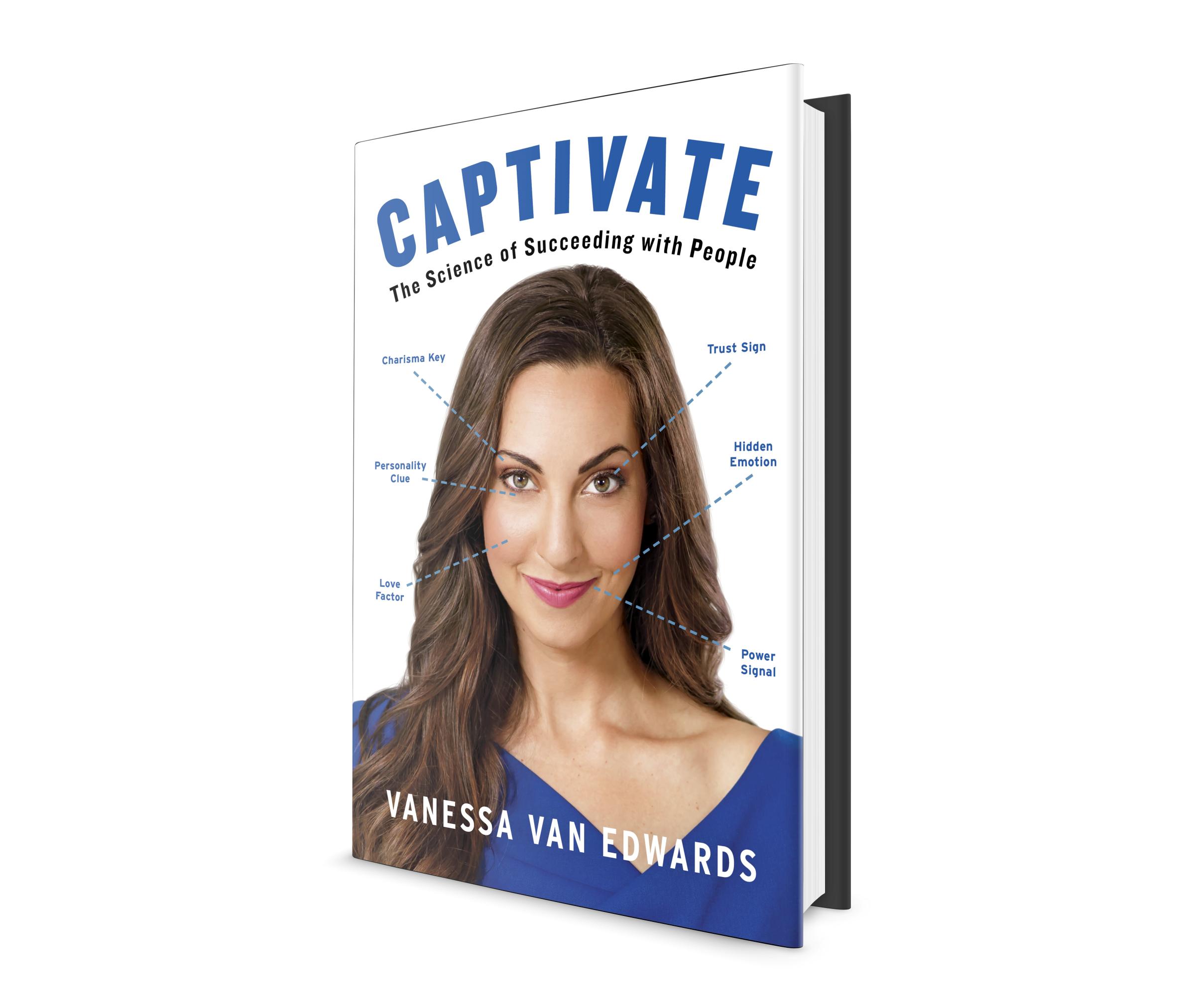
At one point or another, we all will face someone we just don’t click with, whether in our social or professional lives. People are distinct; we have diverse backgrounds and perspectives. But that doesn’t mean we can’t find ways to get along. In fact, identifying and using the different intentions of another person can be the key to forging a peaceful, positive relationship.
Our primary values are at the heart of who we are, the choices we make and what drives us. Killer social skills require seeing the world through someone else’s lens. You can appeal to other people by focusing on what they value, rather than what you value. Here are the tactics I use to get along with anyone and everyone.
First, identify the person’s primary value.
It could be love, money, status or something else. Here are some tells:
Complaints and Brags
Does someone complain about not being paid enough at work? (His primary value might be money.) Not being recognized for an achievement? (Status.) Not having a nice enough car? (Goods.)
Or does she brag about how she took care of a sick parent? (Service.) How much the new boss likes him? (Love.) How much she knows about the new corporate partner? (Information.) People are usually proud of obtaining a primary resource and upset about not having enough of it. This comes out in boasts, grumbles and brags.
Nonverbal Cues
Body language can also help you figure out if you’re tapping into or refusing someone’s primary value. When people get primary values met, they’re delighted. Watch for genuine happiness micro-expressions, leans, nods and “winner” body language. When people don’t get their primary values met, they show disgust, anger, contempt or defeated body language.
Behavioral Cues
Once you start looking for it, someone’s behavior can tell you a lot about needs he or she is trying to fill. Here’s how this might look in the workplace:
Colleague A always stays late to suck up to the boss. You can tell he’s constantly looking for praise or more responsibility. His primary value might be status.

Colleague B leaves promptly every day at 5 p.m., but always gets her projects done in time for the raise review. She’s the first to ask about year-end bonuses. Her primary value might be money.
Colleague C is an office butterfly, making friends with co-workers and leaving supportive notes on people’s desks. Her primary value might be love.
Colleague D always remembers people’s birthdays, loves to plan office parties and always organizes the corporate softball team. His primary value might be service.
Colleague E desperately wants the corner office and the best parking space in the lot. He loves all the corporate perks and never forgets to bring everyone souvenirs from vacations. His primary value might be goods.
Colleague F is a bit of an office gossip, so he always knows what’s going on behind the scenes. He also plays golf with all the partners. His primary value might be information.
Worries
What keeps someone up at night? What does he or she stress out about? This can clue you into the person’s primary value. Do you have a friend who is constantly moaning about feeling out of the loop? Her primary value might be information. Do you have a colleague who freaks out over people’s titles and is always stressing about who will get the next promotion? His primary value might be status.
Listen to the kinds of things people worry about. Ask them what concerns them most. Match those worries with a primary value.
These can be hard to pick up on at first, but analyzing someone’s past behavior can help point you in the right direction toward a primary value.
Next, apply your understanding.
Once you think you know someone’s primary value, what do you do with that information?
First, your predictions about his or her future behavior and choices will improve. This is extremely helpful when trying to determine how a colleague will perform on a new project or if someone would be a good potential romantic partner.
Second, you can use your understanding to motivate the people in your life. Want to encourage your child to do more chores? For kids whose primary values are not money, more allowance might not be the best option. Want to incentivize your teammate to do better? Give more of what he values and take less of what matters most to him. Want to impress your boss? Support her primary value, not yours, with the behavior she will appreciate.
Lastly, you can adopt a primary value to help people feel worthy. The greatest gift we can give our fellow human beings is to meet their resource needs. If I can give people more of their primary values, I always do.
Adapted from CAPTIVATE: The Science of Succeeding with People, by Vanessa Van Edwards, with permission from Portfolio, an imprint of Penguin Random House, LLC. Copyright © Vanessa Van Edwards, 2017.
More Must-Reads from TIME
- Cybersecurity Experts Are Sounding the Alarm on DOGE
- Meet the 2025 Women of the Year
- The Harsh Truth About Disability Inclusion
- Why Do More Young Adults Have Cancer?
- Colman Domingo Leads With Radical Love
- How to Get Better at Doing Things Alone
- Michelle Zauner Stares Down the Darkness
Contact us at letters@time.com